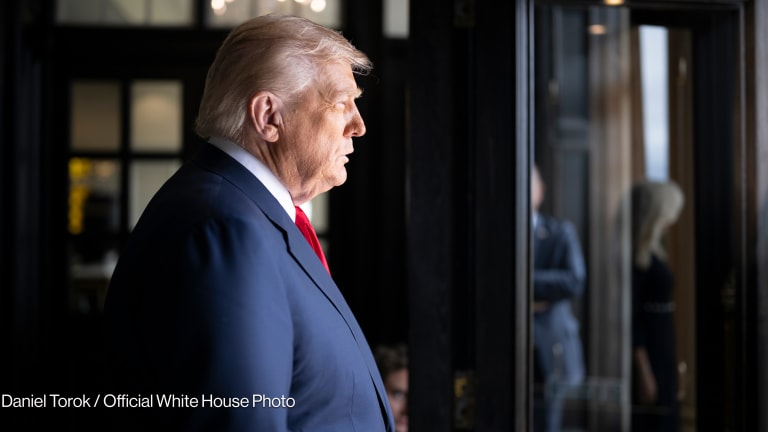
Rajiv Shah on Tuesday vowed to push ahead with controversial changes to the U.S. Agency for International Development’s procurement strategy following a review of the agency’s largest contracts. The goal is to strengthen in-house capacity and partnerships with actors in the field, the USAID administrator told Congress.
“I look and fully understand the need for change,” Shah told April 20 the Senate Appropriations Subcommittee on State, Foreign Operations and Related Programs. “The examples are everywhere.”
During a recent trip to Afghanistan, Shah learned USAID staff there had missed a paycheck. He vowed to “focus on HR and evaluation and in a very substantive way” this summer and fall in order to prevent similar mishaps. In his Senate testimony on President Barack Obama’s budget request for fiscal 2011, Shah pinpointed the planned contracting changes as evidence his agency is become more accountable, transparent and effective.
Shah was responding to remarks from Sen. Patrick Leahy (D-Vt.), chairman of the subcommittee, who criticized the performance of the U.S. government’s development arm.
“I have nothing against suitable working and living conditions — we provide the funds for that,” Leahy said. “But it concerns me the way USAID has become something of an ivory tower — distant from the trenches, writing big checks for big contractors and high-priced consultants, and churning out self-serving reports filled with bureaucratic jargon.”
Shah acknowledged reducing USAID’s propensity for outsourcing would be difficult but told the senators that his agency plans to “launch a series of procurement reforms” in June.
“We’ve already put aboard an acquisition review in place to review all contracts over $75 million, and we will take that further in having really specific detailed guidelines for procurement reform that are fundamentally based on the premise that we should be doing much more work in-house, especially related to program design and oversight,” he said.
Leahy also prodded Shah on the timeline for the completion of the Global Acquisition and Assistance System, a software package USAID hopes will track more than $11.5 billion in acquisition and assistance transactions each year, according to a document on the agency’s website. The USAID administrator said GLAAS is scheduled for completion in June 2011.
“I think our procurement process almost systematically excludes a lot of local leaders from being real participants in our efforts and that needs to be fixed in order to help us really be successful,” Shah said.
Without fixes, Leahy and his fellow subcommittee members said they would be hard-pressed to approve any proposed increases in USAID funding, which Shah estimated would be about $21 billion in fiscal 2011 if the current budget request were approved.
Overall, President Obama asked Congress for $58.5 billion for international affairs, 1.4 percent of his total fiscal 2011 budget request. In the past appropriations, final appropriations have differed substantially from the original versions. The fiscal year begins in October, and Congress could take at least that long to pass a version of the budget.
Aside from the reforms Shah mentioned Tuesday, USAID soon could be in for additional shake-ups. The State Department’s Quadrennial Diplomacy and Development Review and the National Security Council’s Presidential Study Directive, both currently under way, could prompt sweeping reform of U.S. foreign assistance. Lawmakers have already been pushing changes, most notably Sens. John Kerry (D-Mass.) and Richard Lugar, leaders of the Senate Foreign Relations Committee.








